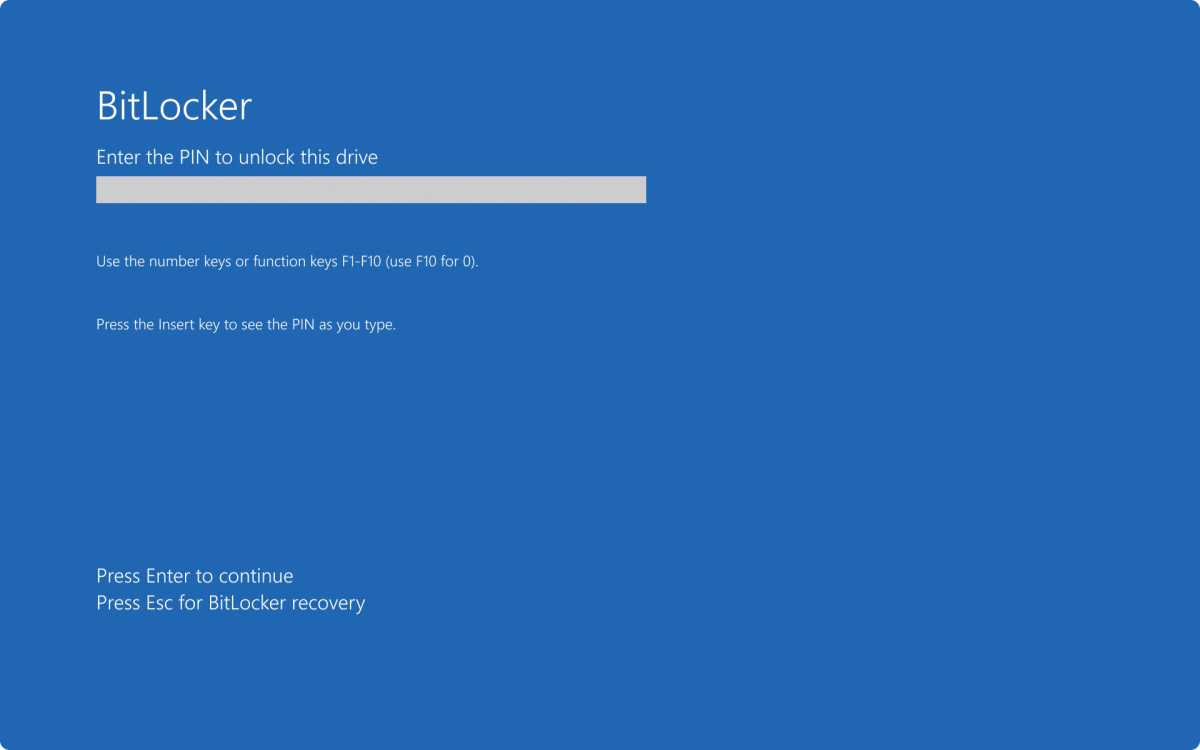Encrypting your system’s hard drive is a great way to protect your laptop if it ever gets stolen. During the encryption process, readable data (aka plain text) is converted into unreadable character strings (aka cipher text). Only with the correct password can you reverse this process and restore the original data. It acts as a digital lock that prevents unwanted access to sensitive information.
The advantages are obvious. By encrypting a hard drive, you can protect your data if your laptop is ever stolen. Even if you no longer have access to personal information, from tax documents to work documents, the criminal won’t be able to view it. The same applies if you sell your laptop or dispose of it at a recycling center.
With open source software, you can secure your system quickly and easily. For Windows users, we recommend using VeraCrypt–it’s less likely to impact your laptop’s performance. There are also simple encryption options for Mac OS users, and Linux users have this option directly during installation.

Only with the right PIN can the data on the hard drive be decrypted–there is no other way.
Microsoft
Although encryption is practical, it also harbors some risks. The biggest disadvantage? If you forget the password or access code, you’ll lose your data because you can no longer convert it into plain text. There’s no back door way to access the encrypted information. You can protect yourself against this with a password manager that stores your access code securely.

VeraCrypt uses an encryption method that works more efficiently than Bitlocker to avoid major performance losses.
IDG
An encrypted system can also impact performance and slow down read and writes, as it requires a boost from the processing department. That said, newer processors and SSDs are better equipped to handle the encryption process more efficiently.
At the end of the day, encrypting your system hard drive is an effective way to significantly increase the security of your data.
This article originally appeared on our sister publication PC-WELT and was translated and localized from German.




